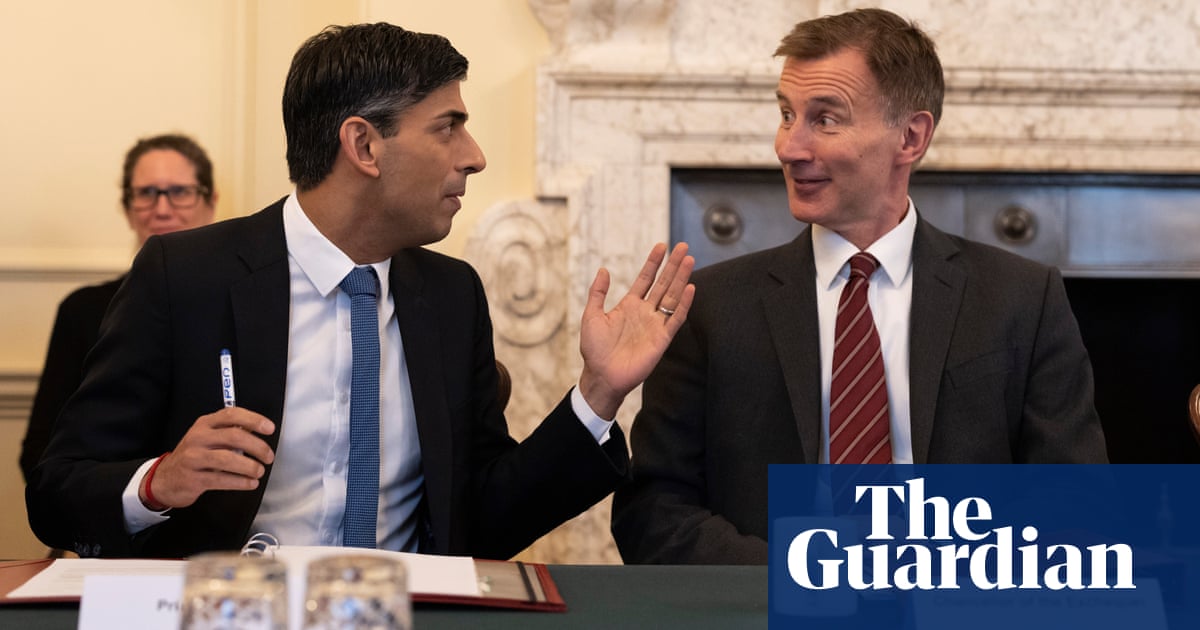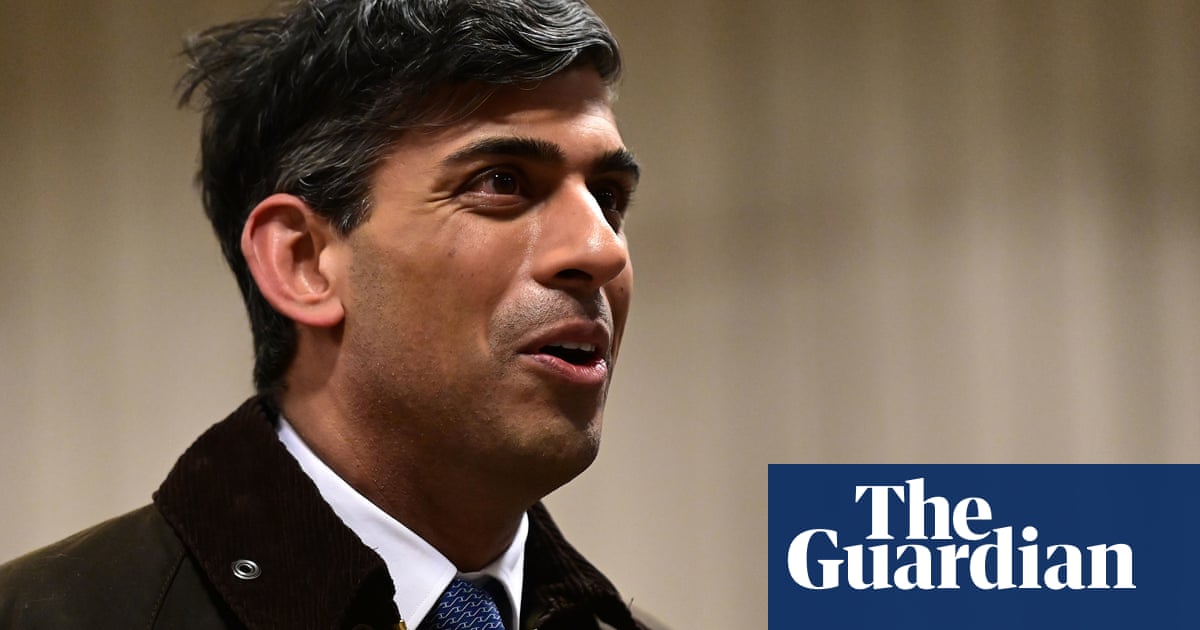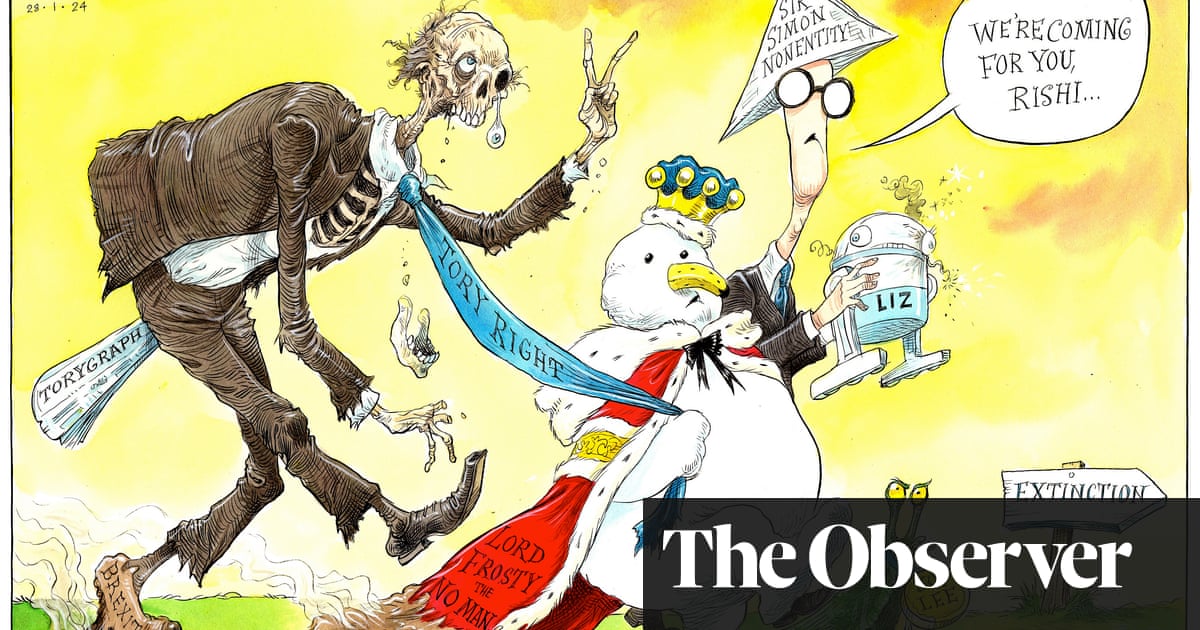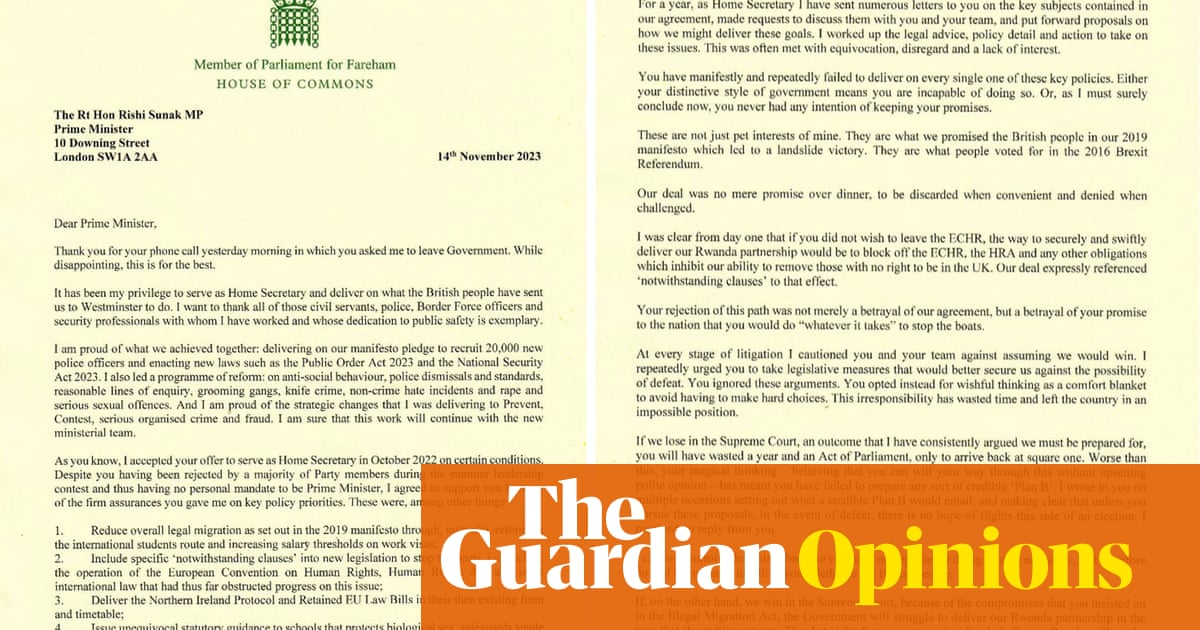
Jeremy Hunt was quick to welcome the International Monetary Fund’s improved economic forecasts. Britain was now on track for the lowest rate of growth outside a recession in the postwar era. Still, it was a “big upgrade” from the Washington-based fund compared with a month ago, the chancellor said.
In its annual article IV health check on the British economy, the IMF said it expected gross domestic product to grow by 0.4% this year, tearing up its estimate in April of a 0.3% contraction.
That a UK recession could now be avoided this year was hardly the big news in the IMF report. The Bank of England made a similar assessment earlier this month, amid signs that household spending and business activity were holding up better than feared despite the cost of living crisis.
Instead, the significance was in the political subtext: even though Britain’s economy was doing little more than tread water, Rishi Sunak’s government was doing a better job of paddling than his predecessor.
After the debacle of the Liz Truss mini budget, there had been “a very significant turnaround in policy”, said Kristalina Georgieva, the IMF’s managing director. Just over six months ago, the fund had made a rare public intervention, criticising the former prime minister’s real-time experiment with unfunded tax cuts directed at the rich. Now it was praising her successor’s easier relations with the EU, childcare reforms, and business investment incentives.
It is a stamp of approval that could help the prime minister and his chancellor when faced with rebellious Conservative MPs, rankled by the party’s dismal performance at the local elections, and a growing feeling on the Tory right that Sunak’s brand of bean-counting managerialism lacks bite.
Tory backbenchers had argued earlier this year that dire IMF forecasts were reason enough to slash taxes, warning that a failure to offer giveaways to the electorate would spell “the end of an era” for the party in government.
In its latest intervention, however, the IMF issued exactly the opposite message – urging the government to resist the temptation of offering pre-election tax cuts. Any financial surpluses should be used to rebuild the stability of the government finances, it said, while warning that tax cuts could complicate the Bank of England’s fight against inflation.
Despite their insistence that they are low-tax Tories at heart, it is a message that will provide Sunak and Hunt with helpful political cover. With economic targets to grow GDP, halve inflation and reduce the national debt, the government will use the IMF forecasts to suggest its plan is working.
However, with lacklustre economic growth and inflation still stubbornly high, there were also warnings from the fund that more action is required. Further work in “protecting key public services and the vulnerable” was key, the IMF said, as it chided “under-realistic” allocations for health, education, welfare, pensions and security funding.
Even if progress has been made since the failed Trussonomics experiment, it was hardly a high bar. As Hunt himself acknowledged in his statement responding to the IMF report: “The job is not yet done.”












